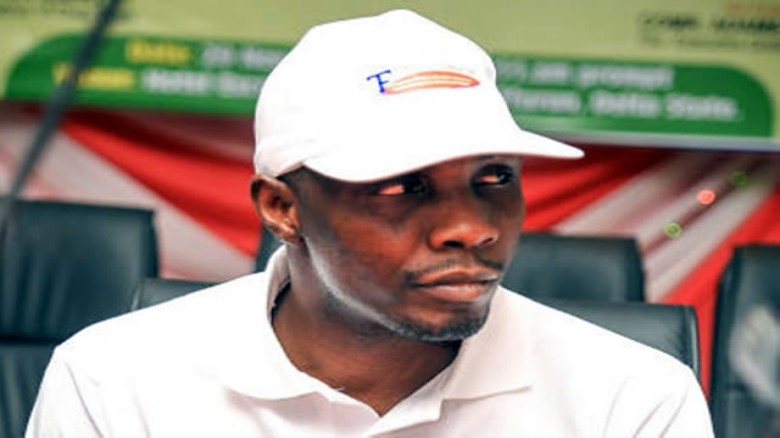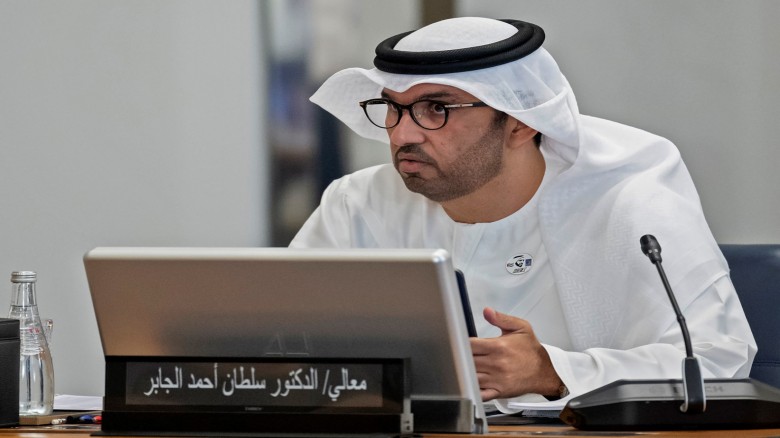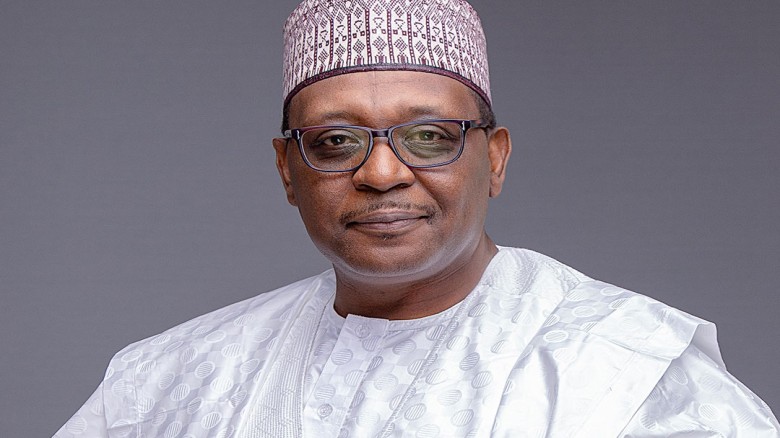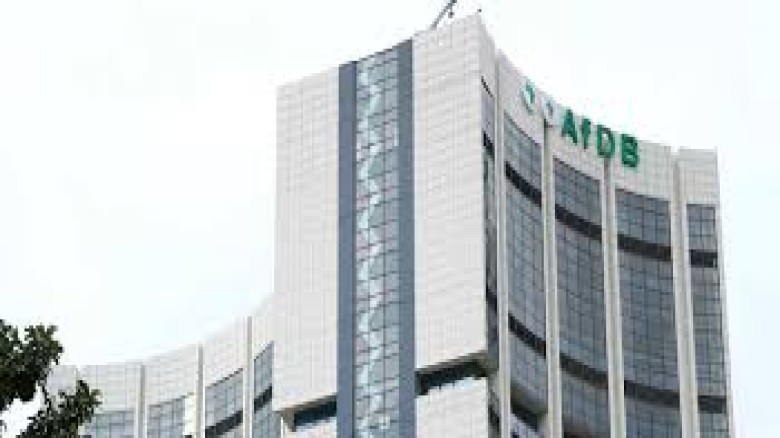Illicit flows cost Nigeria, others $1.6bn daily – AfDB
Kevin Urama, Chief Economist at the African Development Bank, has revealed that Africa loses approximately $1.6 billion per day as a result of illicit financial flows and profit shifting by multinational corporations operating on the continent.This significant financial leakage has a negative impact on African economies.
According to The Punch, Urama revealed this information during an interview.
The International Monetary Fund defines illicit financial flows as cross-border movements of money that are illegal in their source (e.g., corruption, smuggling), transfer (e.g., tax evasion), or use.
For decades, the IMF has played a critical role in combating these destabilising financial activities, addressing both strictly illegal flows and those associated with tax evasion.
Urama emphasised that Africa is losing more wealth to financial outflows than it gains from foreign direct investment.
He urged stakeholders to prioritise strategies to prevent these outflows, such as combating illicit financial flows, profit repatriation, and capital flight, rather than solely focussing on attracting FDI inflows.
He stated, "There are so many things happening on the continent that make corruption a major issue. According to some estimates, Africa loses around 248 billion US dollars per year due to corruption. When you combine illicit financial flows of over $90 billion with profit shifting, you get corporations operating in Africa but with headquarters elsewhere that find clever accounting ways to avoid paying taxes legally. Africa is losing around $275 billion. When you add all of this up, which you can trace through banks, you find that Africa loses approximately $587 billion per year.
"That's about $1.61 billion per day. Nonetheless, we devote all of our attention to FDI, foreign direct investment, official development assistance, portfolio flows, and remittances. All of this added up to approximately $174.5 billion in the year we conducted this study for 2022. That is less than three times, which means that what we lose is three times greater than what we gain from the global market. So, how do we connect with the global market? Are we not focussing on the incorrect priorities? Because if you ask me if I'm losing nearly $600 billion, I'll focus on how not to lose it rather than trying to get more. We're going to deal with it."
Urama highlighted some of the ways to stop the outflow, saying, "It all comes down to the quality of institutions, the accountability systems for institutions, the capacity of individuals in government and public service to first understand the implications of decisions they make, but also to have the tools, regulations, policies, principles, and technologies to track it down and stem it.
"That is why, at the African Development Bank, we are not only developing debt issues, but we have also developed what we call a Public Service Delivery Index for Africa, which measures the quantity of public services delivered in all key sectors of development, as well as citizens' perceptions of how that public service is delivered. You may claim that you provided electricity to me because you installed a pole and wires behind my house, but I may not have been able to connect.
Nigeria has been on the Financial Action Task Force's greylist since February 2023 for issues such as illicit financial flows.
However, in October 2023, the Nigerian Financial Intelligence Unit announced that the FATF approved Nigeria's fourth progress report during its plenary meeting, indicating steps towards compliance with FATF recommendations.
























Leave A Comment